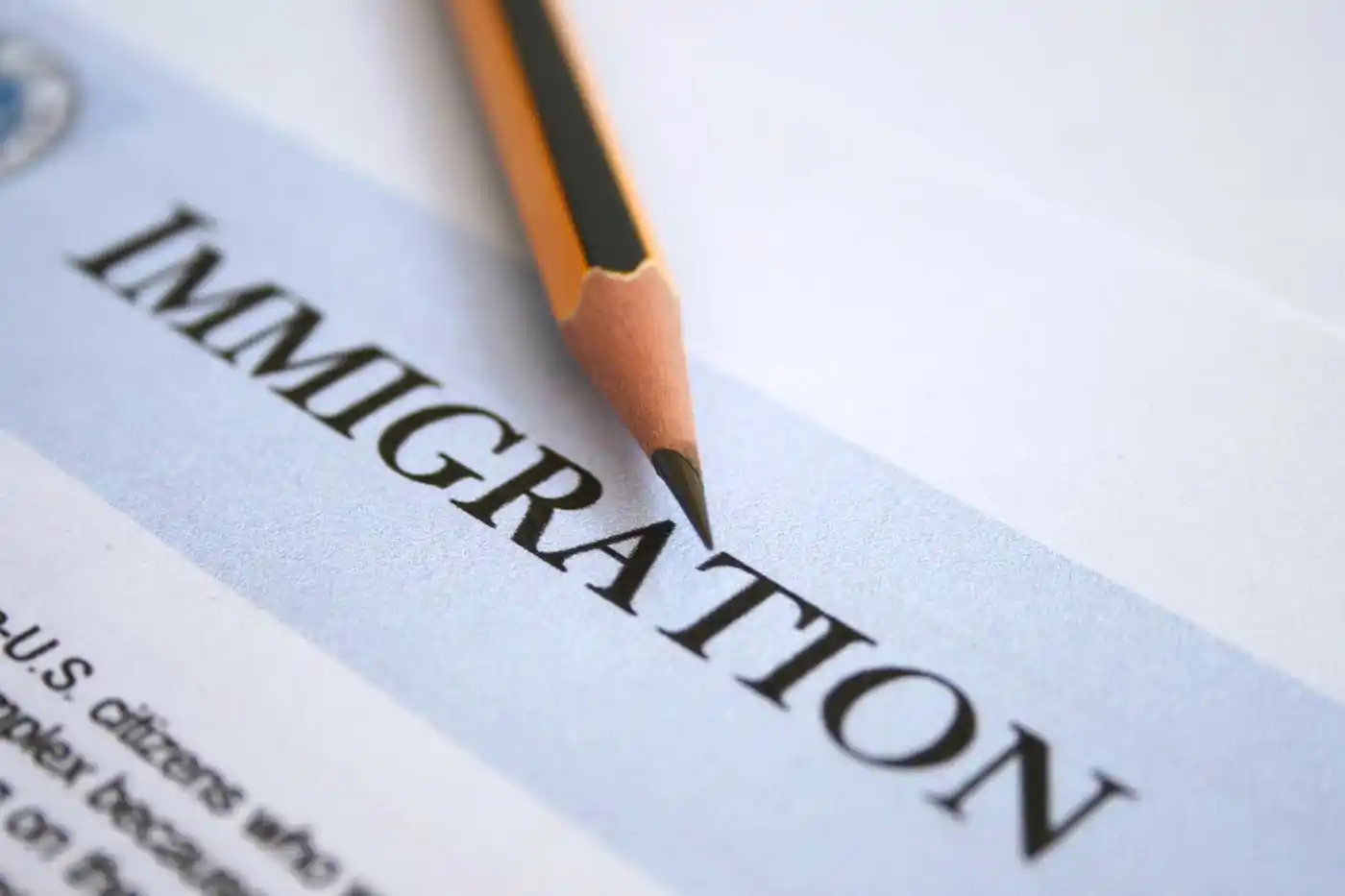Violence Against Women Act (VAWA) Immigration Lawyer in Fairfax
Securing protection under the Violence Against Women Act (VAWA) can be a life-changing step for survivors of abuse seeking immigration relief. At Saavedra & Perez Law, our dedicated Violence Against Women Act (VAWA) Immigration lawyer in Fairfax is here to guide you through this process with care and expertise. We understand the challenges you face and are committed to helping you achieve the safety and stability you deserve. Contact us today at 571-583-0791 to schedule a consultation and take the first step toward reclaiming your future.

Addressing Common Misconceptions About VAWA and Immigrant Victims of Abuse
The Violence Against Women Act (VAWA) was signed into law in 1994 to provide critical protections for survivors of domestic violence, sexual assault, and other forms of abuse. For immigrant victims, VAWA offers a unique path to safety by allowing them to apply for legal status independently, without relying on an abusive spouse or parent. However, despite the significant protections VAWA offers, there are several misconceptions that may prevent victims from seeking help or applying for relief.
Only Women Can Benefit From VAWA
One of the most prevalent misconceptions is that VAWA is only for women. While the law was originally designed to address violence against women, it is not limited to them. Both men and women who are victims of domestic violence, sexual assault, or abuse may qualify for relief under VAWA. This includes victims who are married to U.S. citizens or lawful permanent residents, as well as parents of U.S. citizen children who are victims of abuse.
Many men may feel that VAWA is not an option for them, either due to societal stigma or a lack of awareness of their rights. In reality, anyone who has been abused by a U.S. citizen or lawful permanent resident, regardless of gender, is eligible to apply for relief under VAWA.
You Have to Be Married to Apply Under VAWA
Another common misunderstanding is that VAWA is only available to those who are married to their abuser. While it’s true that many VAWA applicants are spouses of U.S. citizens or permanent residents, VAWA also provides protections for individuals who have been abused by a family member, such as a parent or child.
For example, immigrant parents who have been abused by their U.S. citizen children can apply for relief. Similarly, children who are abused by their U.S. citizen or permanent resident parent may also be eligible.
The key requirement for applying under VAWA is not whether you are married, but whether you are the victim of abuse by a U.S. citizen or lawful permanent resident.
You Need a Police Report to Qualify
Many survivors of domestic violence are hesitant to report the abuse to law enforcement due to fear of retaliation, lack of trust in the police, or concerns about their immigration status. Because of this, many victims believe they cannot qualify for VAWA relief if they do not have a police report or other formal documentation of the abuse.
In truth, while a police report can be helpful in documenting abuse, it is not a requirement for VAWA eligibility. Other forms of evidence can be used to establish abuse, such as medical records, affidavits from witnesses, psychological evaluations, and testimonies from social workers or domestic violence shelters.
VAWA recognizes that not all victims report abuse to the police, and it does not require victims to do so to apply for relief. This provision is designed to provide a safe option for those who may not feel comfortable or able to go to law enforcement due to their immigration status or fear of further abuse.
You Have to Leave the Abusive Relationship to Apply
Some individuals believe that to qualify for VAWA relief, they must leave the abusive relationship or household. While it is strongly encouraged to separate from an abusive situation to ensure your safety, it is not a requirement for VAWA eligibility.
In fact, many immigrants are financially or emotionally dependent on their abuser and may feel trapped in the relationship. VAWA recognizes the complexity of abusive situations and allows victims to apply for legal relief without requiring them to leave the relationship. The law is intended to provide an avenue for individuals to gain legal status and protection, regardless of whether they are still living with their abuser.
Additionally, applying for VAWA relief can offer victims protection from deportation, even if they remain in the relationship, which is critical for individuals who fear the consequences of leaving.
You Have to Have a Perfect Immigration History
Another misconception about VAWA is that applicants need to have a clean immigration history to qualify for relief. Many immigrants who are in the U.S. unlawfully or have overstayed their visas may fear that their immigration status will disqualify them from seeking help.
While it’s true that immigration violations may complicate an individual’s case, VAWA specifically allows victims to apply for relief even if they have been out of status, entered the U.S. without inspection, or have other immigration violations. VAWA provides a waiver for certain immigration violations, which can allow a victim to remain in the U.S. without fear of deportation while their case is pending.
This provision is especially important because it means that immigrant victims of abuse do not have to worry about their immigration status being used against them when seeking protection under VAWA.
VAWA Applicants Will Be Reported to Immigration Authorities
There is also a widespread fear among immigrant victims of abuse that applying for VAWA relief will lead to deportation or result in them being reported to immigration authorities. This misconception is particularly troubling because it can prevent individuals from seeking the help they need.
VAWA specifically protects applicants from deportation during the application process. When you apply for VAWA relief, USCIS cannot report your case to immigration authorities for the purpose of deporting you. Additionally, if you are granted relief, you may receive work authorization and, eventually, a green card, which offers long-term security.
VAWA was designed to protect immigrants from the very real fears that they face when in an abusive relationship, including the fear that seeking help will lead to deportation.
VAWA Applications Are Always Denied
While it is true that immigration applications can be complex and subject to strict scrutiny, VAWA petitions are not automatically denied. In fact, many victims of abuse successfully receive green cards through VAWA, provided they meet the eligibility requirements and submit sufficient evidence of their abuse.
An Experienced Legal Team Can Help
It is important to have an experienced immigration attorney guide you through the application process to ensure that your case is presented in the best possible light. An attorney can help you collect the necessary evidence, submit the required forms, and represent your interests throughout the process.
VAWA provides essential protections for immigrant victims of abuse, offering a way out of dangerous situations and an opportunity for legal status in the U.S. However, misconceptions about the law can discourage victims from seeking help. Understanding how VAWA works and dispelling these myths can help victims take the necessary steps toward safety and legal relief.
Get Compassionate Support from a VAWA Immigration Attorney
If you’re a survivor of abuse seeking immigration relief under VAWA, you deserve compassionate and experienced legal guidance. At Saavedra & Perez Law, our Violence Against Women Act (VAWA) Immigration attorney in Fairfax is committed to helping you navigate the complexities of the legal process and secure the protection you need. Don’t wait to take control of your future—call us at 571-583-0791 to schedule a consultation. Let us stand by your side and help you find the safety and stability you deserve.

